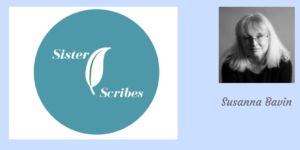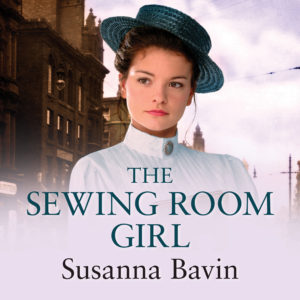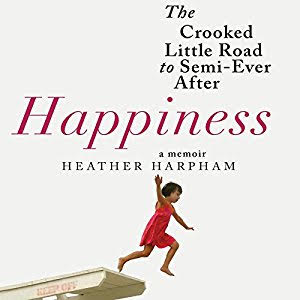Welcome to Alison Larkin, bestselling author of The English American, award-winning Austen narrator and now the narrator of The Particular Charm of Miss Jane Austen and The Unexpected Past of Miss Jane Austen.
I’m with Dorothy Parker who said “I hate writing. I love having written.”
I was born in Washington DC, adopted by English parents and raised in England and Africa and I’ve written for as long as I can remember – poems and plays mostly. But they were usually pretty surreal.
Then something happened that changed everything. Including the kind of writing I did.
It was the early 1990’s. I’d recently left drama school and was playing Flora Poste in Cold Comfort Farm in Newbury when the ‘phone rang back stage and I learned that the birth mother I knew nothing about and had been searching for was alive and well and keen for me to come and visit her at her home – in Bald Mountain, Tennessee.
So I went to Tennessee to meet her. Then I moved to New York and became a stand-up comic, because what else do you do?
Growing up, we didn’t talk about feelings in my family, which was helpful I think because the. absence of any other outlet meant I had to write, even though I hated it. I’m sure I never would have written the stand-up comedy act that led to the one woman show that led to my novel The English American if I hadn’t had to.
But I did have to. Why? Because people kept asking me what it was like meeting my ‘real’ mother and every time they used those words I felt as if I’d been punched in the heart. Because, to me, my ‘real’ mother was the mother who had raised me. And yet I had needed to find my birth mother and people didn’t ‘get’ why.
So I decided to combine stand-up comedy and theatre and show people through a one woman show in which I played myself, my English mother, and my American birth mother who were diametrical opposites in every way. The show was a hit and led to sitcom development deals in Hollywood and a run in LA and London. And then I had children and stopped performing comedy because I wanted to hang out with my kids while they still wanted to hang out with me.
But then I started to get really annoyed with the way adopted people were portrayed in books and on TV as eternally damaged victims at best, or serial killers. So I thought that maybe if I could put an authentic adopted heroine at the center of the kind of novel that I like to read then maybe people on a beach or a plane would understand why someone from a very happy adoptive family would need to find the people she came from. And maybe, just maybe, instead of having to go through the whole thing every time someone said “What was finding your birth mother really like” I could say “It would take a book to explain. Oh! Wait! I’ve written one.”
After The English American came out I was rescued from writing by the audiobook industry who set me up with my own studio and hired me to narrate the first of over 200 audiobooks I’ve narrated to date. And I was so busy raising my children there was no time – or need – to do any writing.
My handsome, brilliant Indian fiancé, Bhima, loved my writing. “Why don’t you write more,” he pressed me four months ago. “Because I’m happy,” I said smiling again at the first man I ever dared to fully love. I’d spent a lifetime looking for him. And finally, in my 50’s, there he was.
Then he died. So maybe I will be writing again after all.
Between now and Christmas, for every audiobook downloaded directly via www.alisonlarkinpresents.com one will be donated to people in need.







